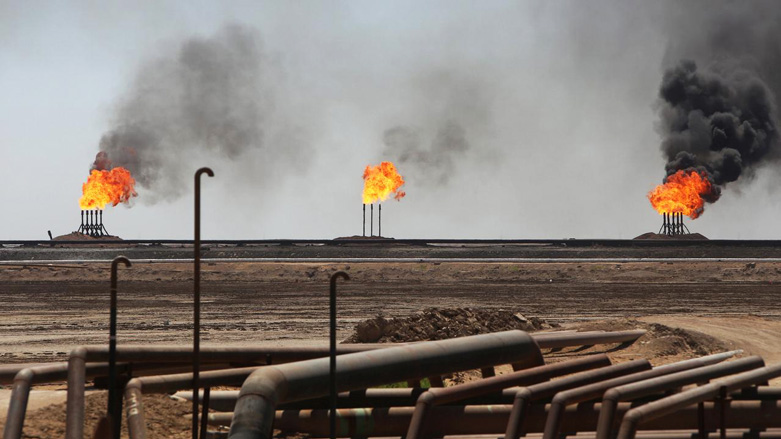Iraq seeks buyers for ExxonMobil’s stake in "West Qurna" oil field
The proven reserves of the West Qurna field amount to 8.7 billion barrels

ERBIL (Kurdistan 24) – The Iraqi Ministry of Oil announced that it will hold a round of talks with American companies specialized in the field of oil to buy ExxonMobil’s stake in the West Qurna-1 oil field.
In January 2010 the US oil giant ExxonMobil signed an agreement with the South Oil Company, one of the companies of the Iraqi Oil Ministry, to rehabilitate and develop the West Qurna-1 field west of Basra southern Iraq.
Iraqi Oil Minister Ihsan Abdul-Jabbar said in a statement, "the ministry started its discussions with major American companies to choose a company that would get the right to buy ExxonMobil’s share in West Qurna 1 field."
Exxon, which signed a 20-year service contract, has made no public comment so far.
The proven reserves of the field amount to 8.7 billion barrels, and West Qurna is one of the largest fields that major Western oil companies are looking to in the face of stagnant or declining production.
According to Bloomberg News, ExxonMobil has a 32.7 percent stake in West Qurna-1, with the stake likely to be valued at around $500 million.
The other key stakeholders in West Qurna-1 include PetroChina on 32.7 percent, Japan’s Itochu on 19.6 percent, and Indonesia's Pertamina on 10 percent.
ExxonMobil is pursuing a $15 billion divestment target for 2019-21, but its asset sales amounted to just $1 billion in 2020. Earlier this year, the company agreed to sell its 32 percent interest in the Bashiqa license in the semi-autonomous Kurdistan Region to Norwegian independent DNO.
Iraq is the second-largest producer of crude oil in the OPEC cartel, with an average daily production of 4.6 million barrels in normal conditions, far from the current production cut agreement by the OPEC+ alliance.
Editing by Joanne Stocker-Kelly